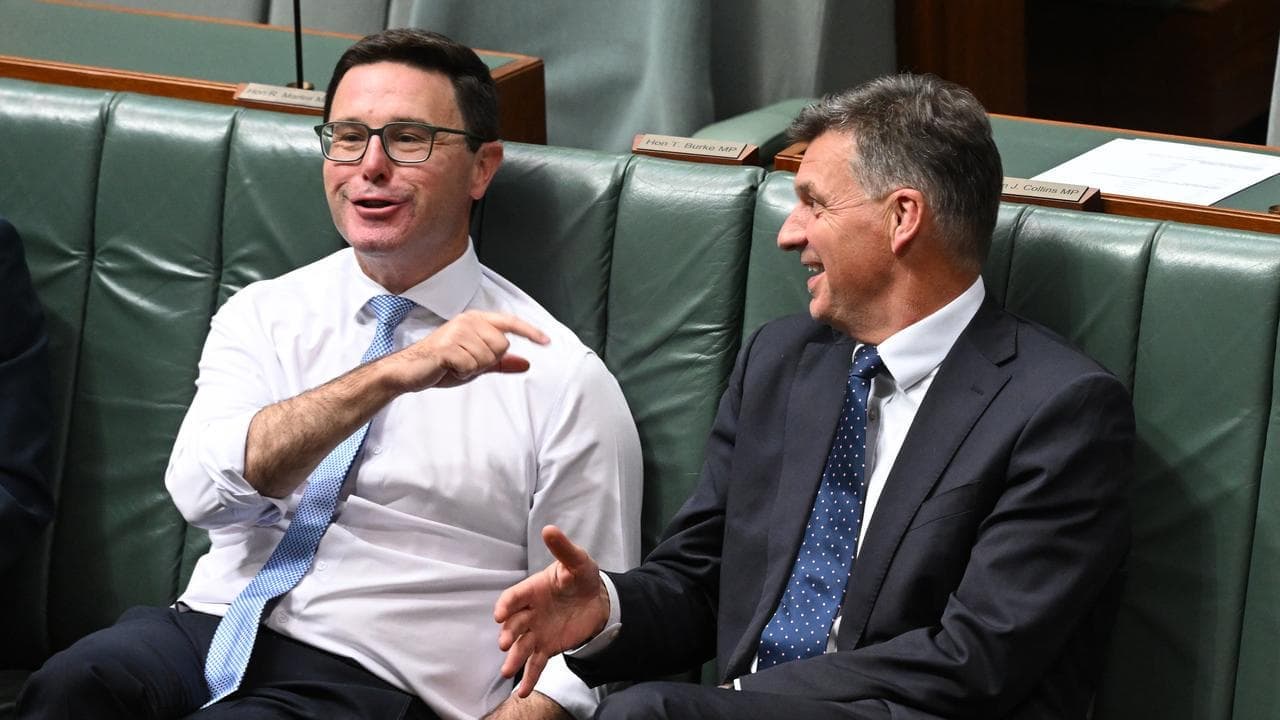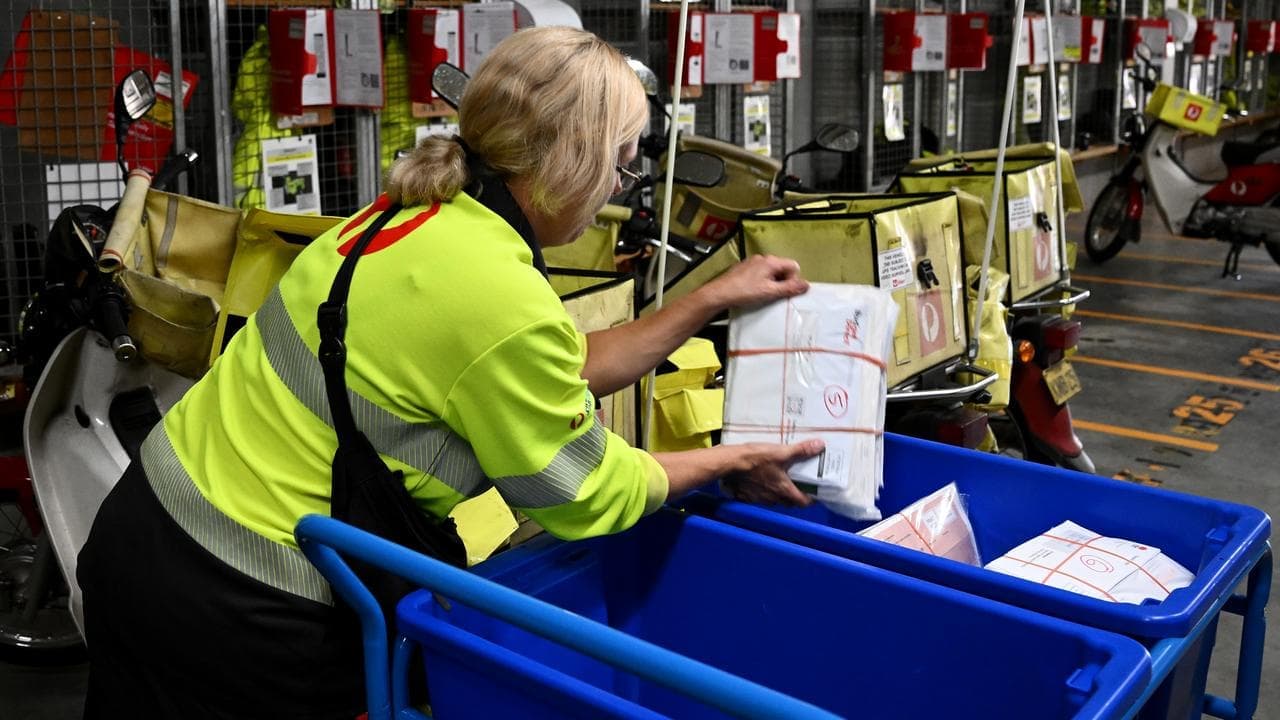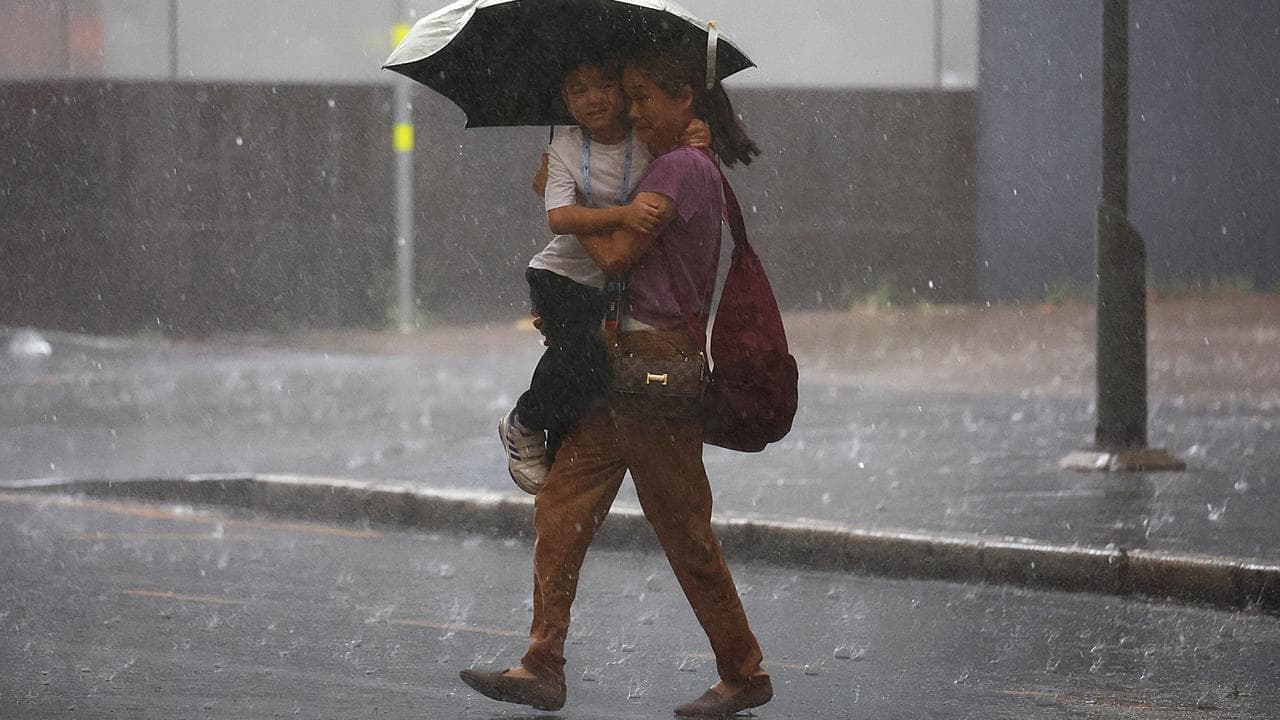WHAT WAS CLAIMED
A study concludes excess deaths in Australia were caused by COVID-19 vaccines.
OUR VERDICT
False. The statistical analysis did not look at causation.
AAP FACTCHECK – An Australian peer-reviewed study has found that COVID-19 mRNA vaccines caused massive excess mortality, social media posts claim.
This is false. The study in question was a statistical analysis of the correlation between excess deaths and the rollout of booster vaccinations in Australia and did not prove causation between the two.
Many of the posts have captions, reading: "OFFICIAL STUDY CONCLUDES EXCESS DEATHS IN AUSTRALIA LINKED TO COVID VACCINES."
The posts either link to or include screenshots from an article with the same headline on The People's Voice, a website AAP FactCheck has debunked several times.
The article says: "A peer reviewed study has concluded that Covid mRNA vaccines have caused massive excess mortality in Australia."

The study referred to in the article is titled "The correlation between Australian Excess Deaths by State and Booster Vaccinations".
It was authored by Dave Allen of the School of Mathematics and Statistics at the University of Sydney and published in July 2024.
In this context, excess deaths are the difference between the number of deaths in a certain period and the number of deaths that were expected in that period.
Professor Allen told AAP FactCheck that the claim in the article does not represent the findings of his study and that causation is very difficult to prove.
In the study, Prof Allen used a statistical method called regression analysis to analyse the data about excess deaths and total vaccinations for the first quarter of 2023 and try to determine which factors might have had an impact.
"All that regression analysis does is to fit a line to a set of data points," Prof Allen said.
"It also measures the correlation between the data points, and the significance of the regression, or the probability that the degree of association was not a chance occurrence."

Prof Allen was definitive in stating that The People's Voice article's conclusion was not an accurate representation of his paper.
"This is not the conclusion of the study, nor is it stated in this manner anywhere in the paper," he said.
"Correlation does not imply causation. Causation is a very difficult matter to establish in practice."
The study itself mentions how hard it is to establish causal relationships (that is, to provide definitive reasons or links), with this cross-sectional regression analysis, for example, ignoring sequential timing, i.e. it could be that contracting the COVID virus itself weakens the immune system and leads to subsequent immune system difficulties.
However, Prof Allen concluded his study suggested the topic deserves "greater scrutiny" given that it is "an important public health policy issue with considerable cost implications".
Health services researcher Katy Bell, a clinical epidemiologist at the University of Sydney's School of Public Health, previously told AAP FactCheck that observations of increasing deaths coinciding with increasing vaccination do not prove that the two phenomena are linked.
"There is no evidence that vaccines have caused thousands of excess deaths," Professor Bell said, adding that some of Australia's excess deaths, for example, could likely be explained by people delaying necessary healthcare or medical clinics being shut because of the pandemic.
The Verdict
False – The claim is inaccurate.
AAP FactCheck is an accredited member of the International Fact-Checking Network. To keep up with our latest fact checks, follow us on Facebook, Twitter and Instagram.












